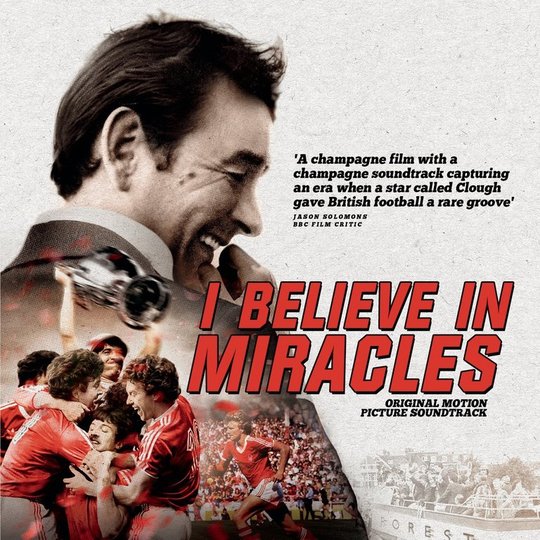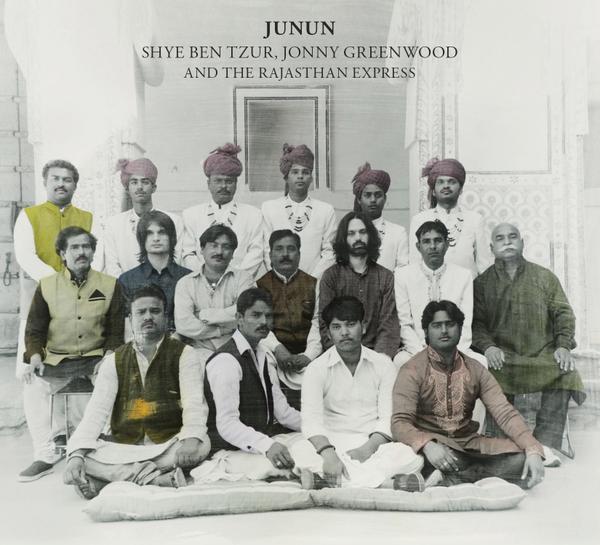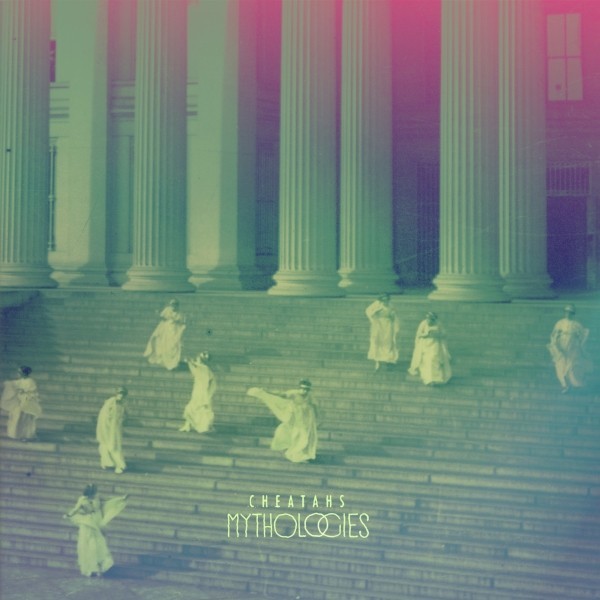Once upon a time, an unfashionable football club from the Midlands achieved the impossible dream, putting its city firmly on the map in the process. Long before the dawn of Sky Television and the Premier League helped breed the soulless vacuum known as modern day football where only the capitalist elite succeed, the game was played on a level playing field (pardon the pun). I Believe In Miracles documents the arrival of Brian Clough - arguably the greatest football manager England never had and without doubt the greatest of his generation - and subsequent rise of Nottingham Forest from Second Division (now known as the Championship) also-rans to European champions within the space of five years. Directed by Jonny Owen, the film combines interviews with many of the players involved in the club's unprecedented ascent alongside archive footage garnered from television clips and fans' own personal collections. As a piece of celluloid - and particularly for the discerning football fan no matter which club your allegiances lie with, it demands to be seen.
So it goes without saying that such a once in a lifetime event - twice, if you're being pedantic, as Nottingham Forest actually lifted the European Cup two seasons running - deserves a momentously celebratory soundtrack to boot. As with the film, the soundtrack focuses exclusively on the Seventies, an era that's not always looked upon favourably by musical historians outside of the obvious scenes. While it would probably be fair to say most professional footballers have a reputation for dire tastes in music - something director Owen alludes to in the sleeve notes - both he and the film's editor Owen Davies have gone out of their way to compile something that not only reflects a sign of the times, but also the mood of the film too. With Forest's hallmark centering around free flowing, entertaining football orchestrated by the charismatic swagger of Clough, they've concentrated on putting together a record rich in poise, strut and groove.
Perhaps ironically, the title track (both versions feature here) was originally recorded in 1973 by Mark Capanni and covered by The Jackson Sisters, a relatively unknown five-piece from Compton. Although the later version only made number 72 in the charts upon release, it captures the spirit of the film. Portraying the underdog in its captivating chorus while echoing the sentiments bestowed upon that team in not quite receiving the credit it deserved at the time, its hookline "I believe in you!" summing up the encapsulating way Clough united a city in optimism and devotion, it's status as a "lost classic" of the soul and disco era somewhat remedied by its inclusion.
Of course it would be churlish to expect an album full of obscure cuts from the Seventies club circuit, and while there's a fair share of hidden gems among I Believe In Miracles' wonderful soundtrack, there's a smattering of big selling chart-botherers to devour too, such as Harold Melvin's 'The Love I Lost' which reached number 1 in the States (if not faring quite as well over here). Or Gloria Gaynor's 1975 smash 'Never Can Say Goodbye', her first big hit single. As a child of the Seventies, Heatwave's 'Boogie Nights' and The Real Thing's 'Can You Feel The Force' rekindle happy memories of playing British Bulldog (ask your folks) in St Philip Neri's Infants school yard. While the exquisite tones of Shirley Ellis on Nortghern Soul staple 'Soul Time' coupled with Lyn Collins' flamboyantly delivered 'Fly Me To The Moon'.
Elsewhere, laid back pieces such as Kool & The Gang's 'Summer Madness' or Janko Nilovic's 'Soul Impression' fill the air with subtle tones as Walter Murphy's incongruous take on Beethoven's 5th Symphony ('A Fifth Of Beethoven') and The Incredible Bongo Band's 'Bongo Rock' entice shuffling feet akin to those of one of the film's many unsung heroes, John Robertson.
Conspicuous by its absence having soundtracked a significant moment in the film is The Velvet Underground's 'Rock And Roll', but minor gripes aside, I Believe In Miracles is as good a film score as you'll hear all year, and fully serves its purpose both as an aside and accompaniment to the movie.
-
8Dom Gourlay's Score























